END POVERTY IN ALL ITS FORMS EVERYWHERE
While global poverty rates have been cut by more than half since 2000, one in ten people in developing regions are still living with their families on less than the international poverty line of US$1.90 a day, and there are millions more who make little more than this daily amount. Significant progress has been made in many countries within Eastern and Southeastern Asia, but up to 42% of the population in Sub-Saharan Africa continues to live below the poverty line.
The academic and education community have a major role in increasing the awareness about the impact of poverty. Science provides the foundation for new and sustainable approaches, solutions and technologies to tackle the challenges of reducing poverty and achieving sustainable development. The contribution of science to end poverty has been significant.
MORE GOALS
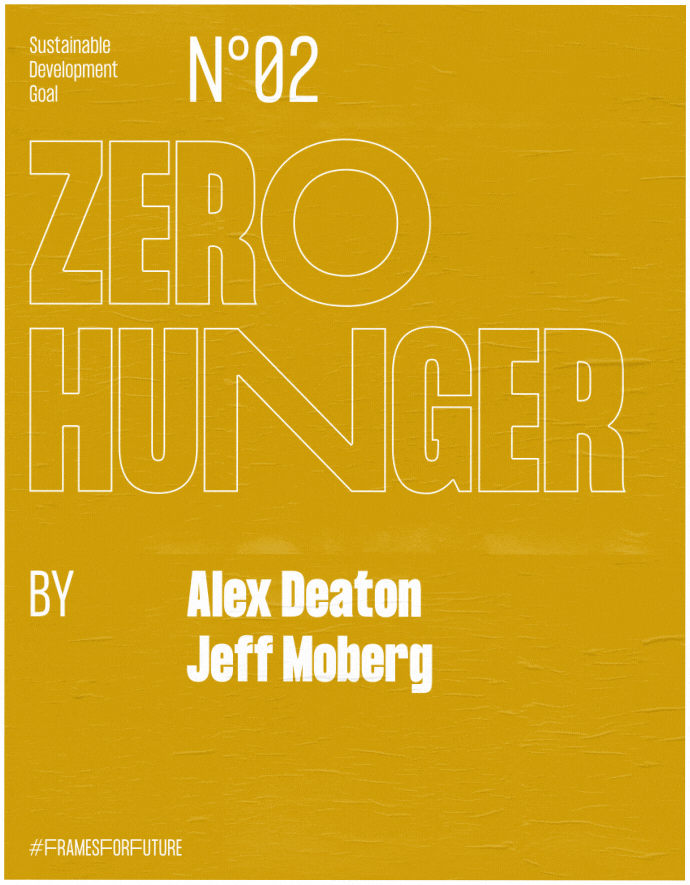
02 — ZERO HUNGERSustainable Development Goal
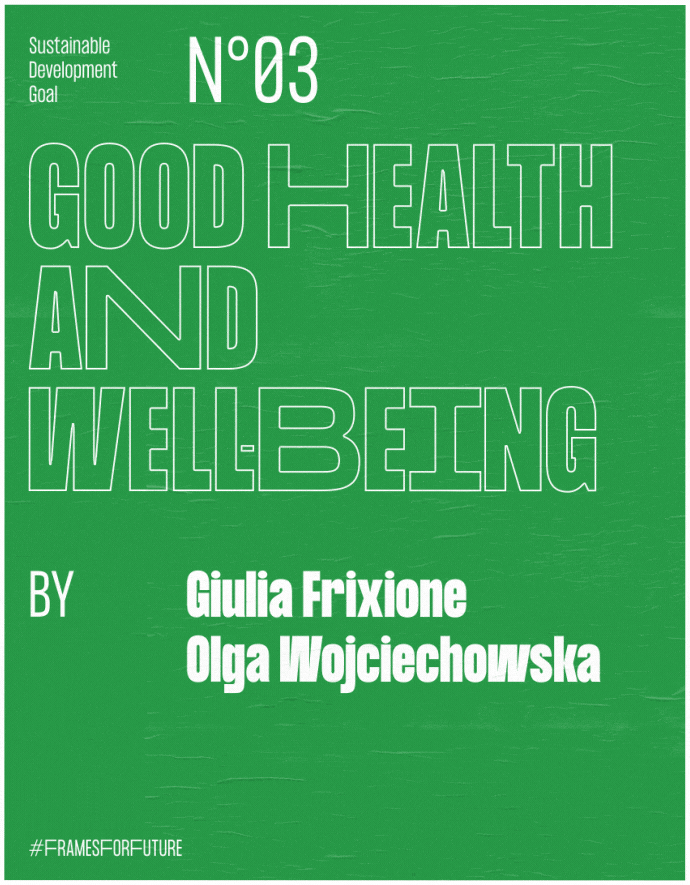
03 — GOOD HEALTH AND WELL-BEINGSustainable Development Goal
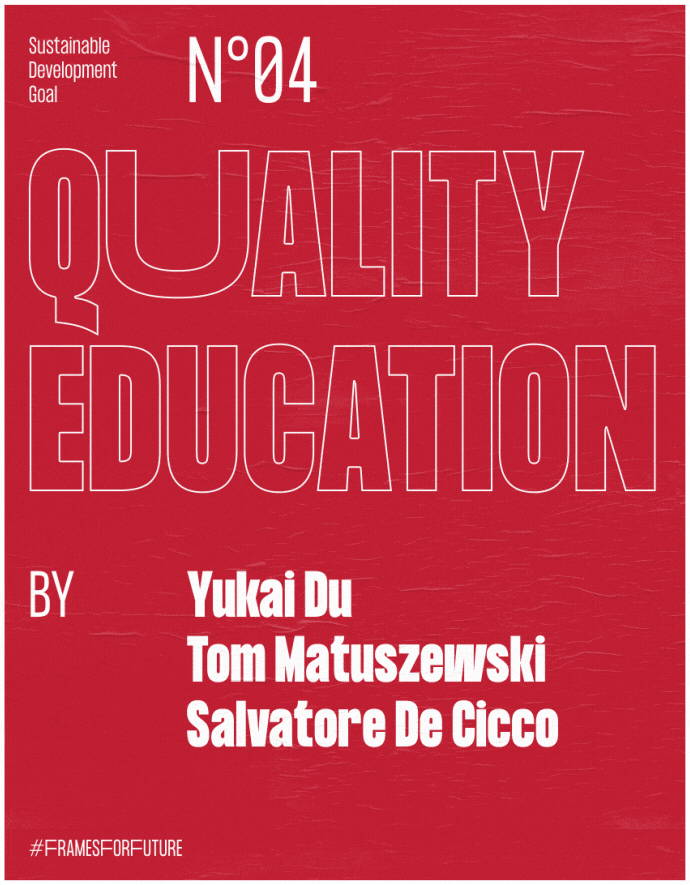
04 — QUALITY EDUCATIONSustainable Development Goal
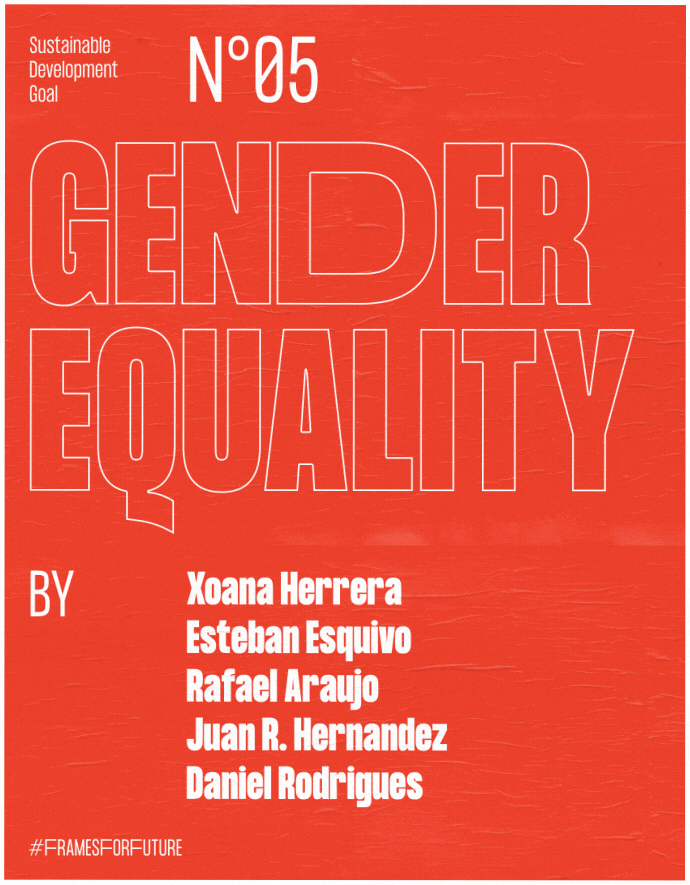
05 — GENDER EQUALITYSustainable Development Goal
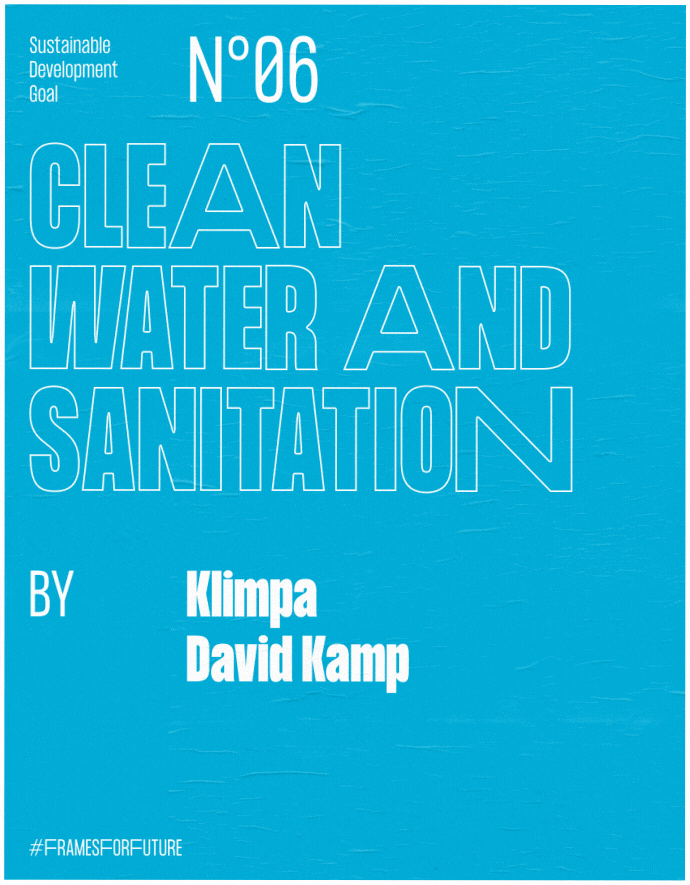
06 — CLEAN WATER AND SANITATIONSustainable Development Goal
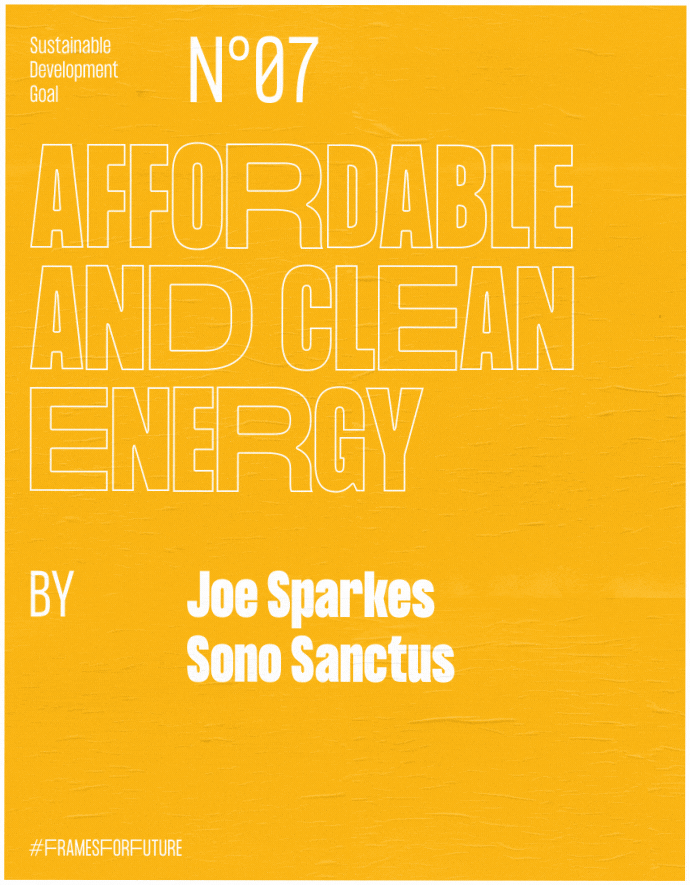
07 — AFFORDABLE AND CLEAN ENERGYSustainable Development Goal
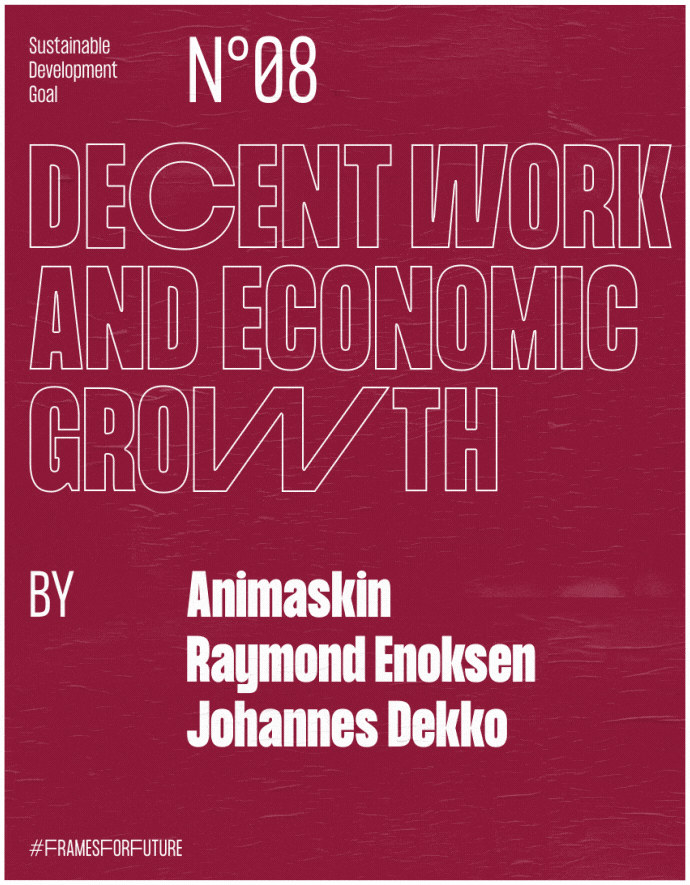
08 — DECENT WORK AND ECONOMIC GROWTHSustainable Development Goal
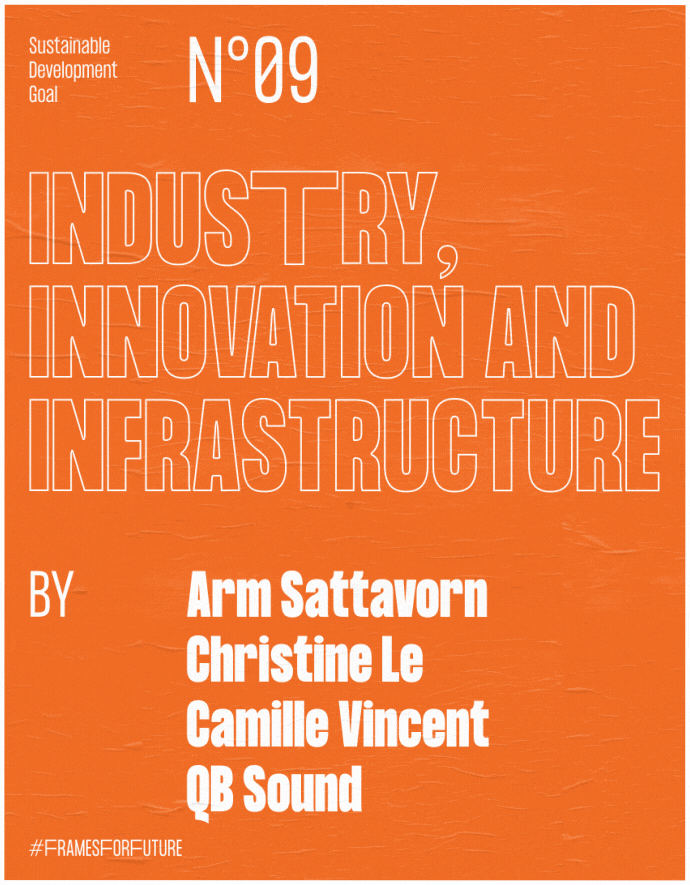
09 — INDUSTRY, INNOVATION AND INFRASTRUCTURESustainable Development Goal
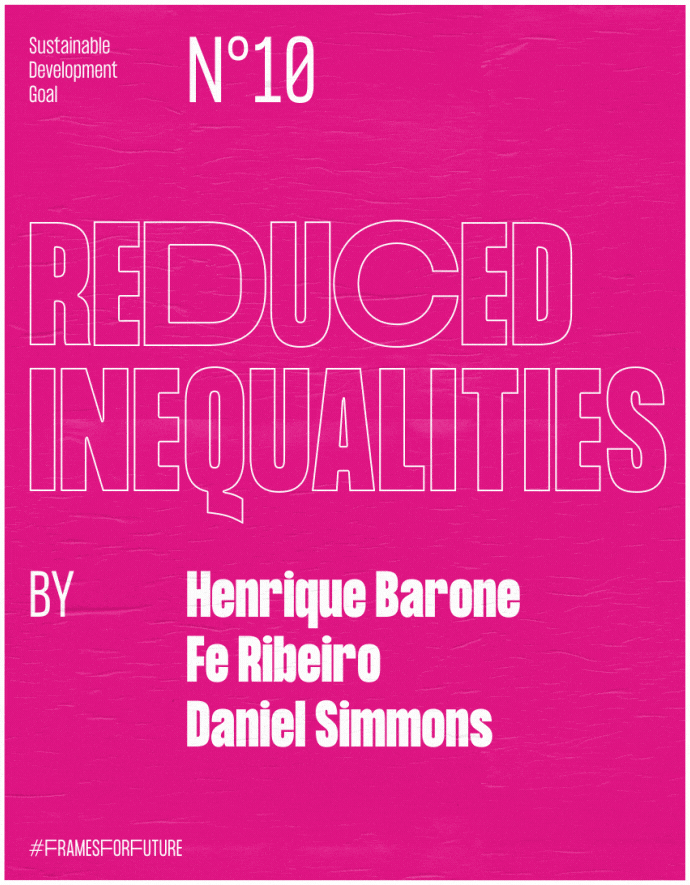
10 — REDUCED INEQUALITIESSustainable Development Goal
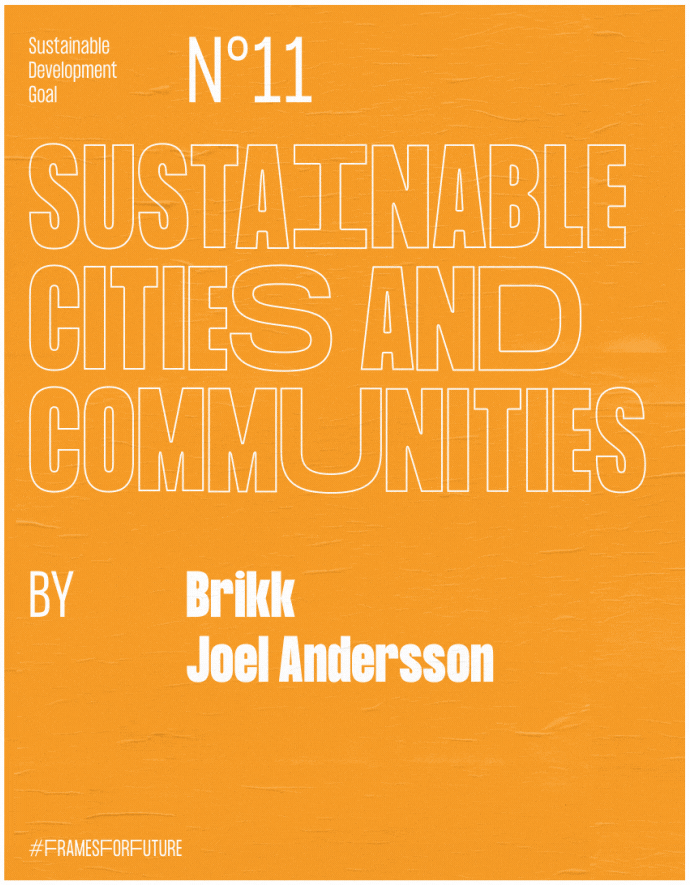
11 — SUSTAINABLE CITIES AND COMMUNITIESSustainable Development Goal
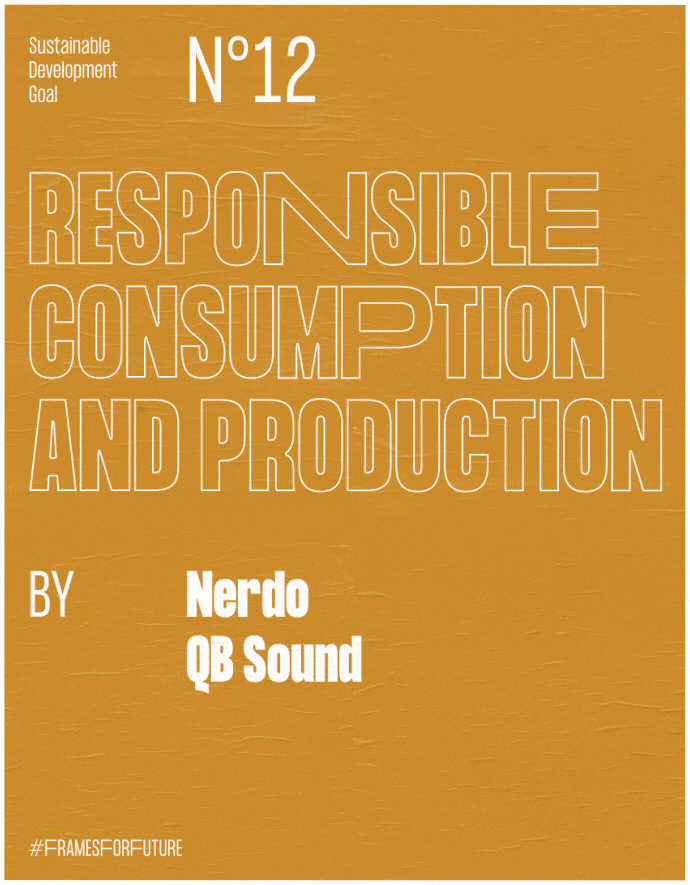
12 — RESPONSIBLE CONSUMPTION AND PRODUCTIONSustainable Development Goal
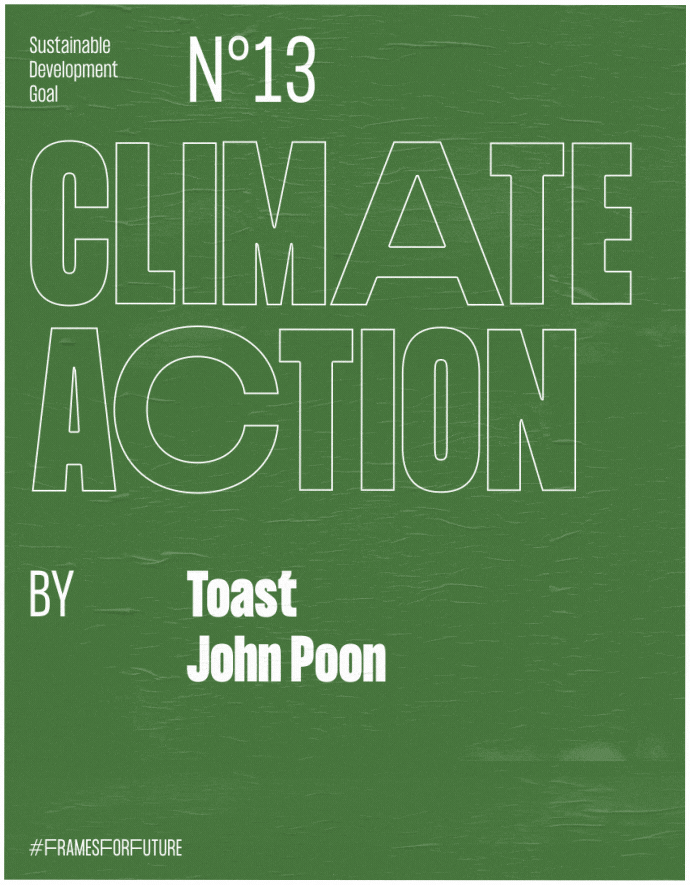
13 — CLIMATE ACTIONSustainable Development Goal
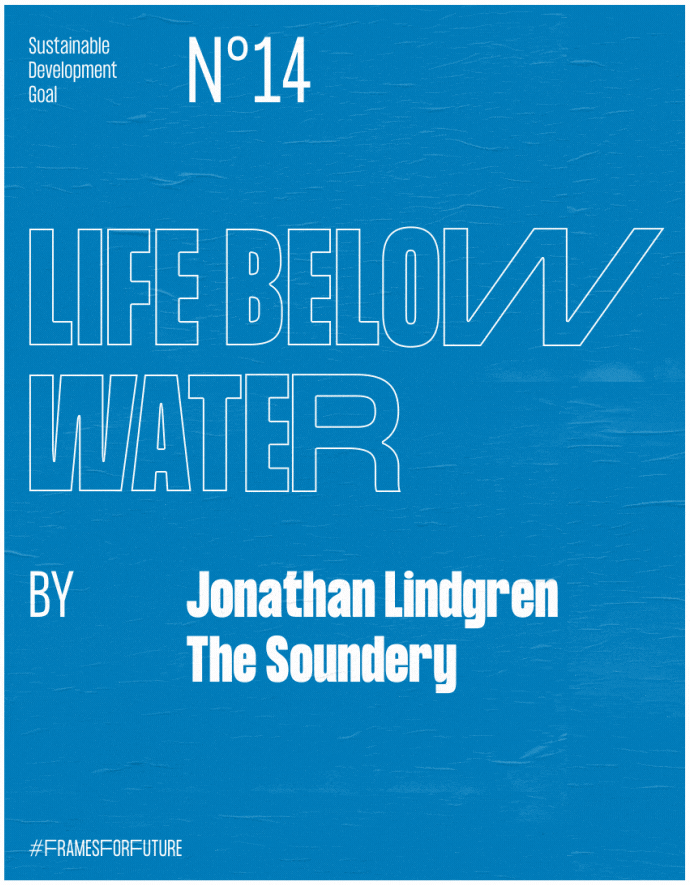
14 — LIFE BELOW WATERSustainable Development Goal

15 — LIFE ON LANDSustainable Development Goal
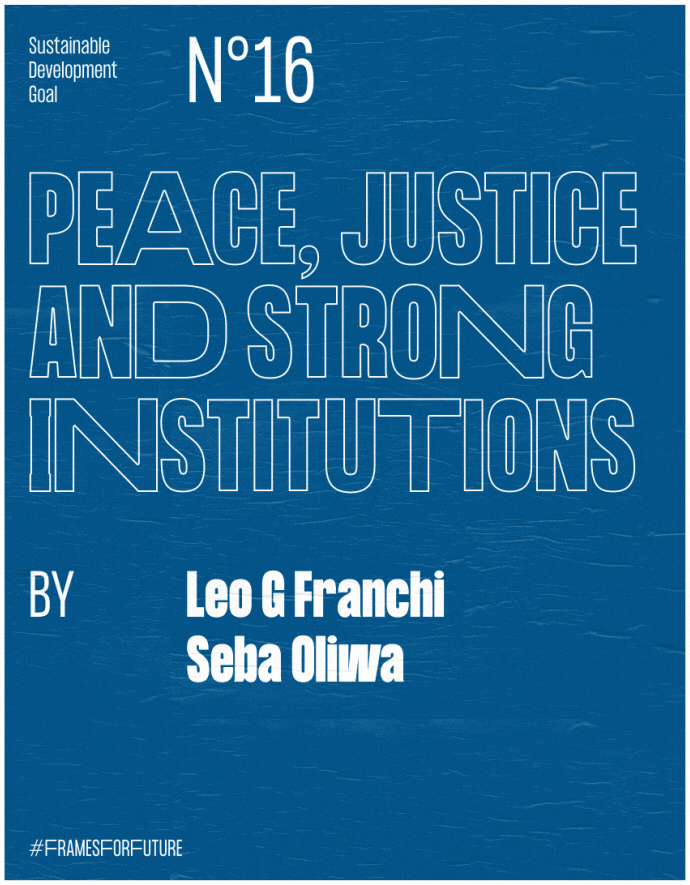
16 — PEACE, JUSTICE AND STRONG INSTITUTIONSSustainable Development Goal
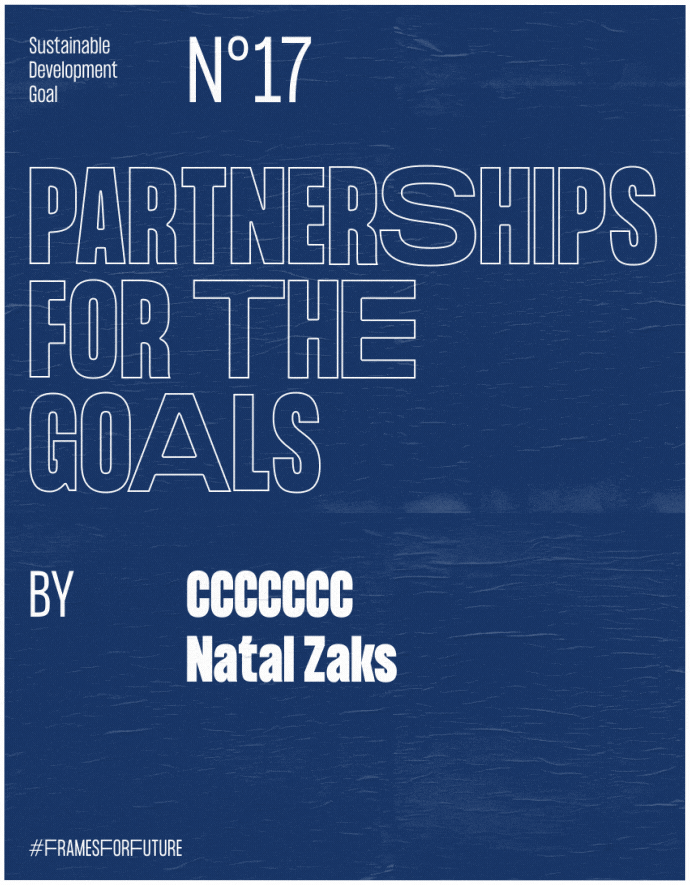
17 — PARTNERSHIPS FOR THE GOALSSustainable Development Goal
